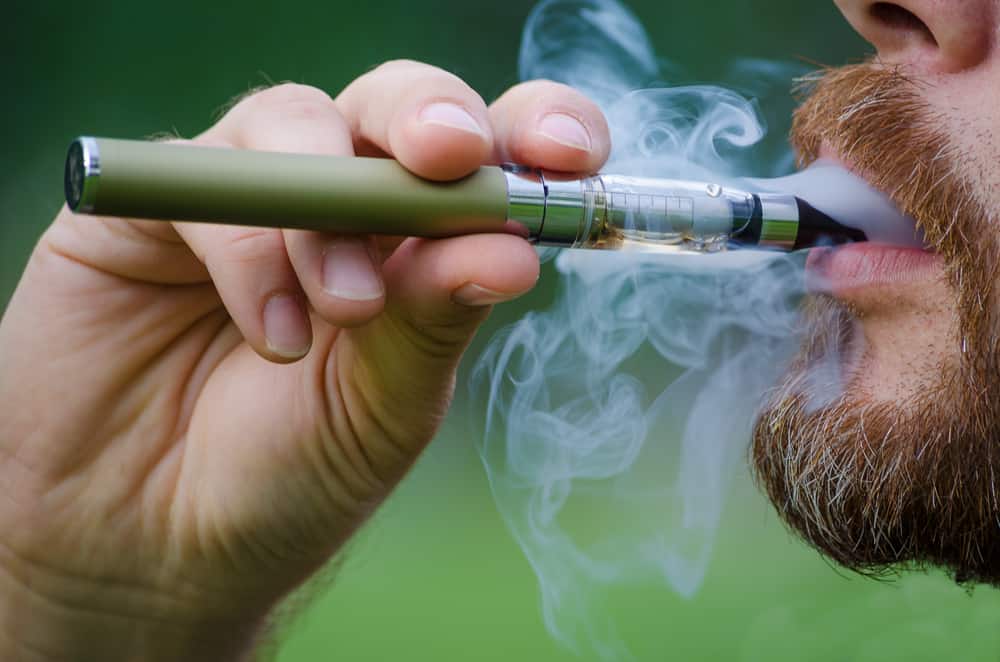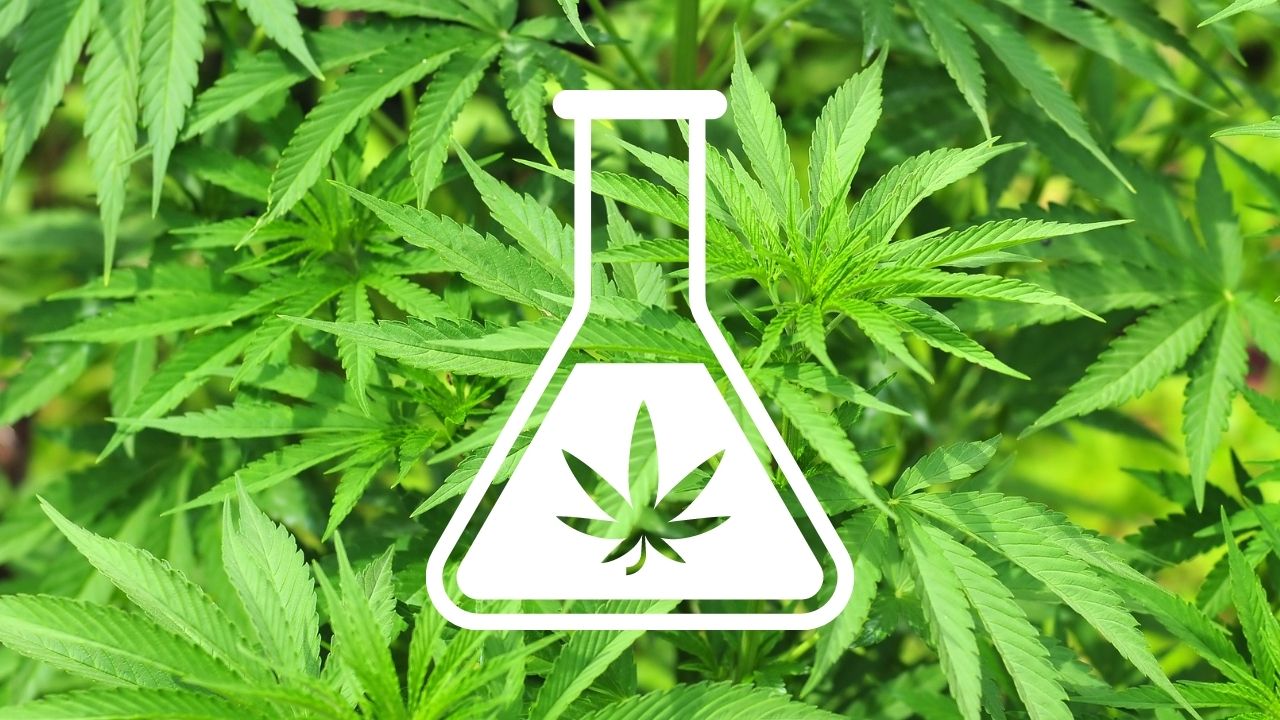As delta-8 THC gains popularity, more people are interested in understanding how it affects respiratory health. Delta 8 vapes have become a preferred way to consume this cannabinoid, but their impact on the lungs is uncertain. In this article, we’ll delve into the available literature to offer current insights on Delta 8 vapes and respiratory health.
Understanding Delta 8 THC
Delta 8 THC is a minor cannabinoid found in the cannabis plant. It has similar properties to delta 9 THC, the psychoactive compound that causes the “high” associated with marijuana use. Delta 8 THC is less potent than Delta 9 THC, but it still produces several effects that can be beneficial for some individuals. Delta 8 THC is legal at the federal level, but its legal status varies from state to state.
What Are Delta 8 Vapes?
Delta 8 vapes are electronic devices that heat a liquid containing delta 8 THC, which is then inhaled as a vapor. They are often used as an alternative to smoking or ingesting delta 8 THC products. The convenience and ease of use of Delta 8 vapes make them popular among users, but there are concerns about their impact on respiratory health.
Current Literature on Delta 8 Vapes and Respiratory Health
The primary concern with Delta 8 vapes is their effect on respiratory health. While there is limited research on the impact of delta 8 vapes specifically, there is some research on the effect of vaping in general on lung function.
One study found that regular vaping could significantly impair lung function. The researchers examined the lung function of individuals who vaped regularly compared to those who did not. They found that the individuals who vaped regularly had a higher risk of developing the chronic obstructive pulmonary disease (COPD) and other lung conditions.
Another study published in the Journal of the American Heart Association found that vaping could increase the risk of heart disease. The researchers examined the blood vessels of individuals who vaped regularly and found that they had reduced blood flow and impaired vascular function.
While these studies do not specifically examine the impact of Delta 8 vapes on respiratory health, they underscore the potential risks associated with vaping in general.
Safety Precautions for Delta 8 Vapes
Even though there is limited research on the impact of Delta 8 vapes on respiratory health, there are measures individuals can take to minimize potential risks associated with vaping. Firstly, it’s vital to purchase Delta 8 vapes only from reputable sources. Low-quality products may contain harmful additives or contaminants that could be harmful to respiratory health.
Secondly, individuals should follow the manufacturer’s instructions and use the device correctly. Overheating or improper use of the device could lead to harmful chemicals being released into the vapor.
Finally, those concerned about the potential risks associated with Delta 8 vapes may want to consider alternative methods of consumption, such as edibles or tinctures.
Conclusion
Delta 8 vapes are a prevalent method for consuming Delta 8 THC, but their impact on respiratory health is still uncertain. While some studies suggest that delta-8 THC may have anti-inflammatory properties that could benefit individuals with respiratory conditions, more research is needed to fully understand the long-term effects of delta-8 vapes on respiratory health. If you’re concerned about the potential risks, consider alternative methods of consumption such as edibles, tinctures, or capsules. Overall, exercising caution when using Delta 8 vapes and purchasing them from trustworthy sources can help reduce potential risks associated with vaping.




